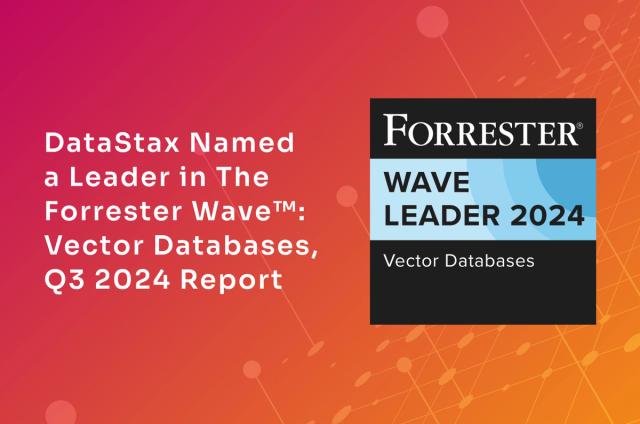Why Enterprise Data Requires a Hybrid Cloud Strategy

Hybrid cloud is the big new thing, but of course it didn't just appear out of nowhere.
Organizations have increasingly embraced the cloud over the last decade or so, enabling them to take advantage of the cost savings, speed, accessibility, and agility the technology brings with it.
More recently, organizations have taken a diversified approach to the cloud, often leveraging several different cloud providers in conjunction with on-premises infrastructure.
And now, according to RightScale’s 2018 State of the Cloud Survey, 81% of organizations have a hybrid and/or multi-cloud strategy.
Why is that?
Hybrid Cloud Creates Redundancy and Ensures Availability
While smaller companies might be able to get away with using cloud resources from just one of the major players (e.g., Amazon, Google, Oracle, and Microsoft), larger enterprises can’t afford to put all their eggs in one basket.
These major platforms rarely experience downtime, but it still happens every now and again, and when it does it spells big problems and big losses.
In May 2018, for example, AWS was knocked offline for about 30 minutes. That might not seem like a lot of time. But let’s say you’re a large enterprise with 50,000 employees. If none of them are able to access the data they need to do their jobs for 30 minutes, that’s 25,000 hours—or 3,125 eight-hour work days—the enterprise loses.
In addition to the massive productivity hit, the organization is also unable to respond to new opportunities that may present themselves or adequately handle requests from irate customers who can’t access their systems during that time period.
Unfortunately, many organizations don’t learn that their cloud providers aren’t responsible for their company’s data until it’s too late.
Understanding the importance of data availability, however, today’s leading organizations are increasingly moving to hyrbid and multi-cloud environments. This enables them to build redundancy into their infrastructure to protect their data—and really take full ownership of it.
As a result, employees can access the data they need regardless of whether AWS or any other cloud provider is available at any particular moment.
These organizations, then, are able to bring products to market faster and continue to deliver superior customer experiences, while competitors that operate in single-cloud environments need to wait for that environment to be restored once an outage occurs.
Once-a-Day Backups no Longer Cut It
Before the cloud, enterprises could get away with copying their data once a day—let’s say each day at 5 p.m.
But in today’s age of big data—where 2.5 quintillion bytes of data are created every day—a much more frequent backup plan is needed.
Otherwise, your team could be working on a massive project only to have your systems go down, making the data they were analyzing and modifying disappear forever.
Hybrid cloud environments enable you to replicate your data across multiple servers. With the right database layer in place, data can be replicated in real time—without employees having to do any heavy lifting on their own.
If You Fail to Plan Your Plan is to Fail
As organizations increasingly move to hybrid cloud environments, they need to create robust data management strategies that ensure the enterprise’s most valuable asset, its data, remains protected, available, and secure at all times. Otherwise, at best, your company’s productivity will grind to a halt as workers can’t access their data for some specific period of time.
At the end of the day, it is imperative that you remember your organization is responsible for the ownership and availability of its data. The sooner you adopt an enterprise data layer that provides redundancy, the sooner you’ll be able to stop worrying about data availability and start focusing more rigorously on growing your business.
To learn more about why hybrid and multi-cloud databases are the future for large enterprises, check this out.



